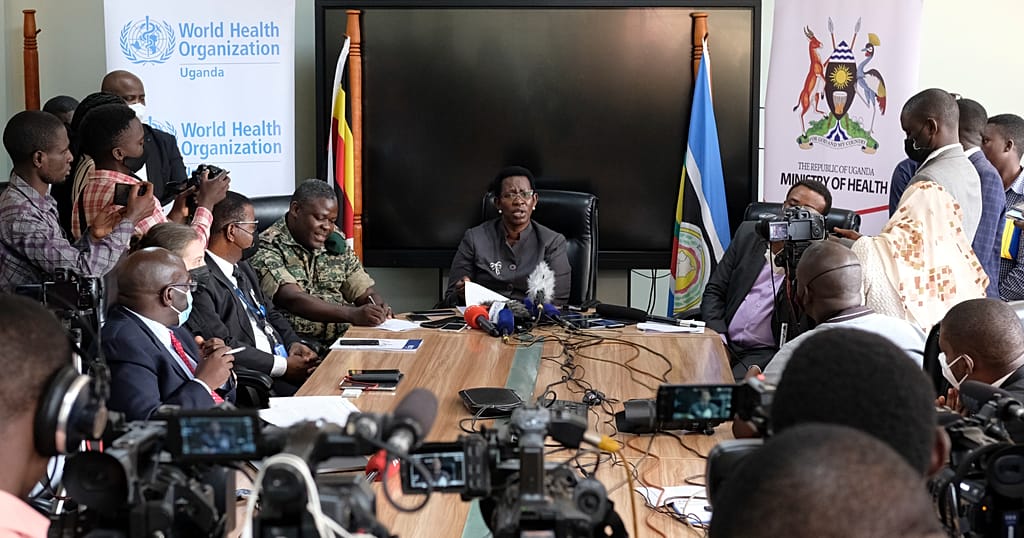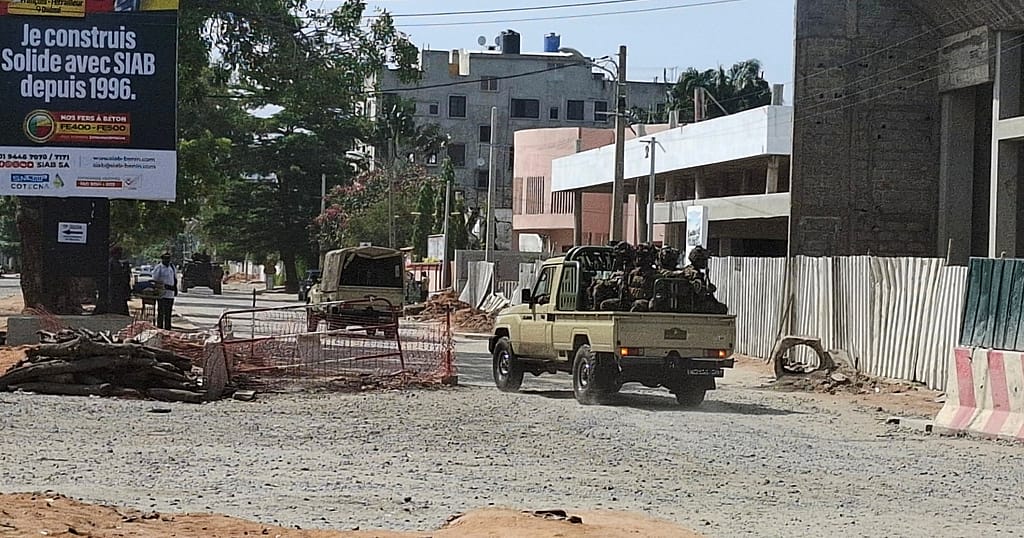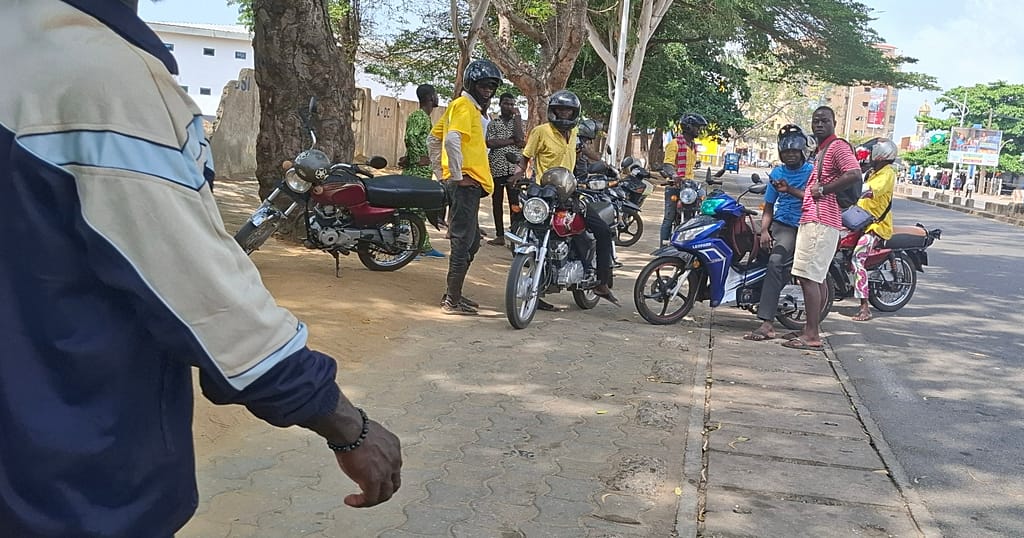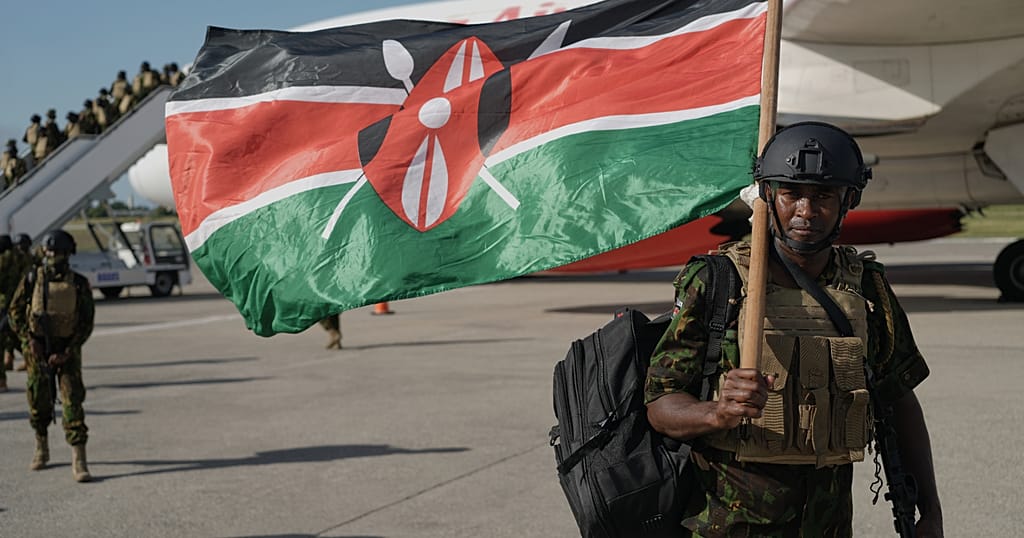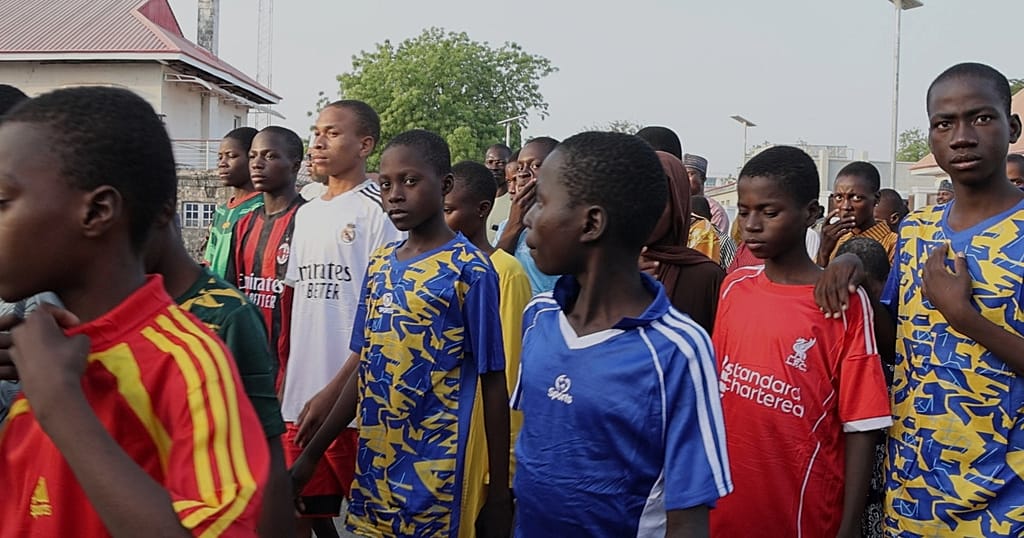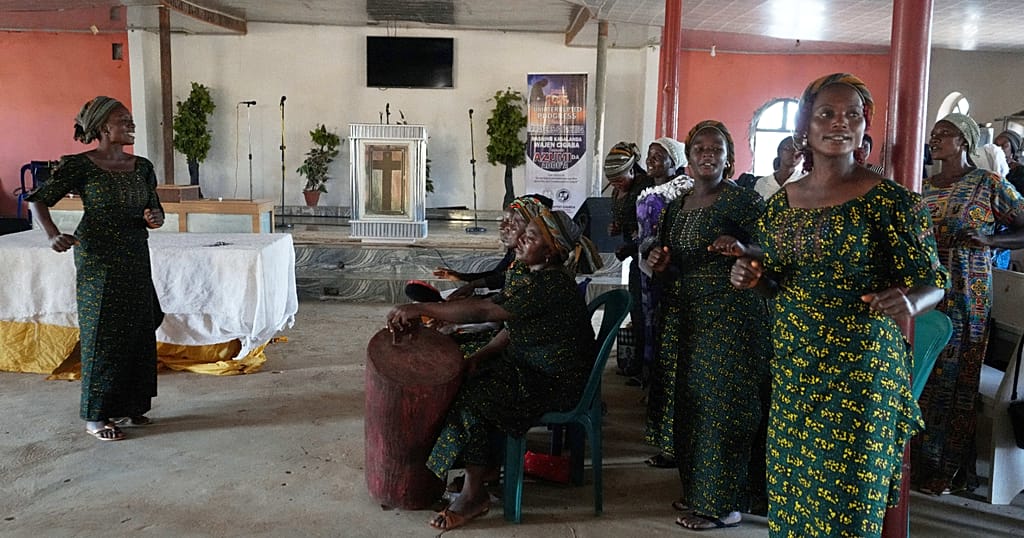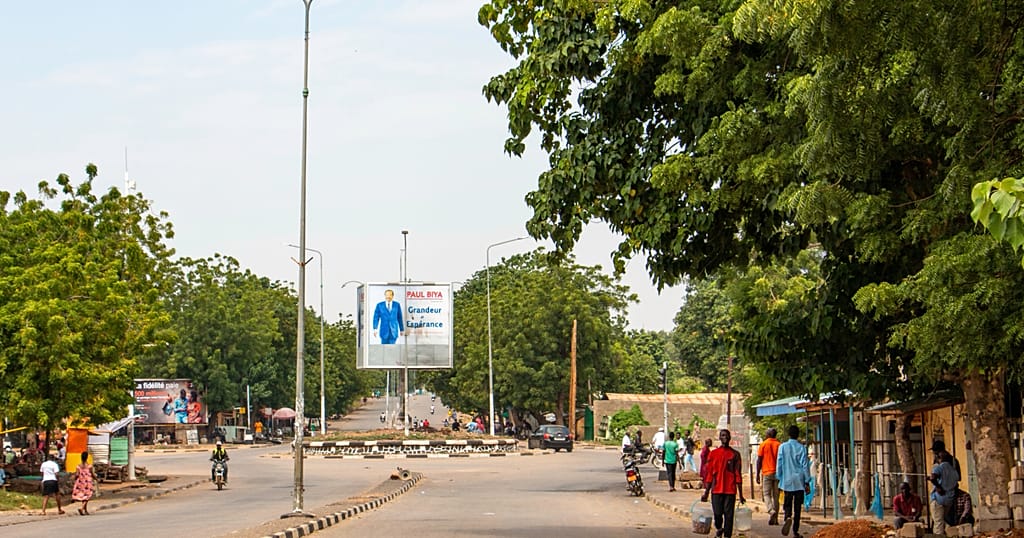Mpox and Marburg Virus Outbreaks Strain Central and East Africa’s Health Systems

Mpox and Marburg Virus Outbreaks Strain Central and East Africa’s Health Systems
The Mpox virus continues to severely impact Central and East Africa, with the Democratic Republic of Congo (DRC) at the epicenter. Over 13,000 cases and 450 deaths have been reported in the country, highlighting the urgency of the situation.
Neighboring nations such as Cameroon, Burundi, and Uganda are also recording new cases. Despite ongoing containment efforts, limited testing capacities and overwhelmed healthcare systems have made controlling the outbreak challenging.
In August 2024, the World Health Organization (WHO) declared Mpox a public health emergency due to the rising number of cases, operational difficulties, and the pressing need for a coordinated response to curb the disease.
“Mpox has been reported in the DRC for over a decade, with the annual number of cases steadily increasing during this period. Last year saw a significant surge in cases, and the number reported so far this year has already surpassed last year’s total, with over 14,000 cases and 524 deaths,” stated Tedros Adhanom Ghebreyesus, WHO Director-General.
Symptoms and Transmission Challenges
Mpox symptoms include fever, swollen lymph nodes, and a rash that typically starts on the face before spreading to other parts of the body. While the disease is often mild, it can lead to severe complications, particularly in individuals with weakened immune systems.
The virus spreads through close contact with infected individuals or animals, posing greater challenges in densely populated areas.
“A person is considered infectious from the onset of symptoms until skin lesions crust over, fall off, and new skin develops. Transmission primarily occurs through large respiratory droplets or direct contact with bodily fluids, skin lesions, or contaminated clothing or bedding,” explained Dr. Olivia Kasirye, Sacramento County Public Health Officer.
Marburg Virus Emerges in Rwanda
Adding to the region’s health crisis, Rwanda is grappling with its first outbreak of the Marburg virus. Over 60 confirmed cases have been reported, with healthcare workers among the hardest hit. The virus’s high fatality rate has heightened the urgency for a robust response from governments and international partners like WHO.
Insufficient Vaccines and Calls for Global Support
Nearly 900,000 Mpox vaccine doses have been distributed across Africa. However, health authorities warn this falls short of the need. Africa CDC estimates that over 10 million doses are required to control the outbreak. Vaccination campaigns are underway, supported by global partners, but significant challenges remain.
With Africa simultaneously battling Mpox and the Marburg virus, the call for increased investments in testing, surveillance, and healthcare infrastructure has become critical. While local communities are making remarkable efforts on the ground, sustained global support is essential to combat these overlapping health crises effectively.
Source: Africanews


